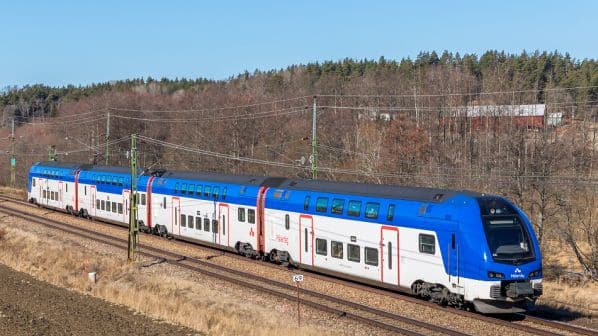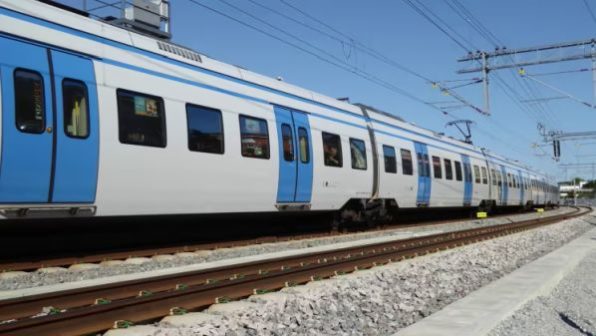MTR Nordic’s early exit from its Mälartågen regional operating contract comes after the company reports making heavy losses for some time as it grapples with the chronic shortage of drivers in Sweden.
But, as IRJ has been told by one academic specialising in the railway industry, it may also indicate there is now little scope for making further savings in the cost of regional train operations after 30 years of competitive tendering.
MTR Corporation’s effective exit from the Swedish market comes after its MTR Nordic subsidiary reported a loss of SKr 390m (US$38m) in the first half of 2023. In 2022 the company made a loss of SKr 225.7m, up by a massive 6000% on the year before.
Details of the cause of these losses have not been made public. According to local media reports, MTR Nordic has had to pay tens of millions of SKr in contractual penalties for failing to operate the specified number of trains. MTR Nordic has declined to make further comment to IRJ.
MTR is also reported to have injected almost SKr 1bn into MTR Nordic over the years in the form of new capital and loans, although it appears to have been aware of the likely outcome. In its last half-year report, MTR said that due to “various challenges,” it was exploring other options for MTR Nordic, including divestment.
The shortage of drivers has resulted in poor punctuality and many cancelled trains which have caused widespread customer dissatisfaction.
In September 2023 over 2000 passengers on the Uppsala - Gävle line signed a petition critical of MTR after up to 40% of services were cancelled, even during peak periods.
“I think that MTR miscalculated,” says Professor Bo-Lennart Nelldal, emeritus professor of transport science at the KTH Royal Institute of Technology in Stockholm.
“It’s easy to be a little too optimistic and see large benefits from rationalisation that could be difficult to achieve without compromising quality,” he tells IRJ.
In Sweden, private operators have been able to compete for rail operating contracts since 1990. Nelldall’s research suggests that there was tangible overcapacity at state-owned operator SJ at the beginning, and competition from the private sector has indeed reduced costs.
However, after three decades of competition, there remains little left to trim. “It’s gone so far that perhaps there isn’t any more to squeeze out,” he says.
According to Nelldal, the public transport authorities that tender contracts need to ensure that required train services can actually be delivered, rather than simply choosing the cheapest bid. This would require very long-term contracts, he says.
Nelldal says that the likelihood of new entrants entering the Swedish regional operating market is small. The opportunity to cut costs further may also be limited in the urban market, where MTR is due to be replaced as operator of the Stockholm Metro with the start of a new operating contract in May 2025.
The new 11-year contract has been awarded to Connecting Stockholm, a joint venture between Britain’s Go-Ahead Group and Singapore-based transport company ComfortDelGro.
“You might ask yourself if the new company that will take over the Stockholm Metro will really perform miracles now that they’ve tendered a lower price,” Nelldal says. “After all, you can’t do it in very many different ways.”




